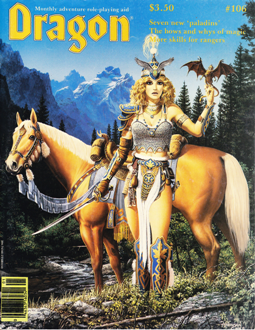We Are Gods, We Are Wolves: A Review of Shadow of the Torturer
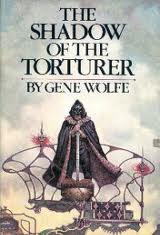 The Shadow of the Torturer
The Shadow of the Torturer
Gene Wolfe
Simon and Schuster (303 pages, 1980)
In the business of reading, which is as industrious and thankless a hobby as ever there was, there are opening lines and then there are melodies, words that ring like bells and stick in your mind, forever.
It was my fortune that a creature of the second sort happened on me one extremely lucky day, in a used bookstore on the last shelf of science fiction. First, it lured me out with its eerie title.
“Shadow of the Torturer?” said I, to myself, plucking the book off of the shelf. It is the first of four books by Gene Wolfe, and the cover of the little novel I held in my hand depicted a hooded man with a bare chest and a sword.
I thought, “What an odd profession, torturing. I mean. Can you even BE a torturer by profession?”
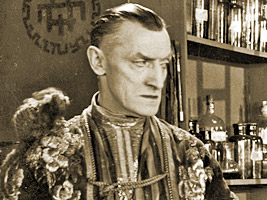
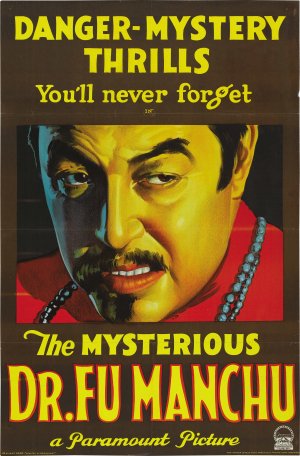
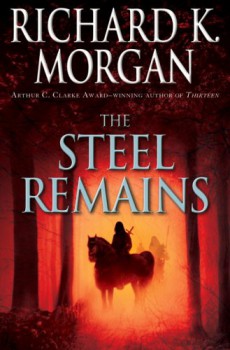 That foul smell in the air? There’s something rotten in the realm of fantasy fiction, and its name is realism.
That foul smell in the air? There’s something rotten in the realm of fantasy fiction, and its name is realism.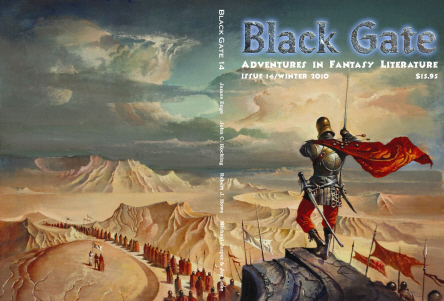 Congratulations to James Enge on the inclusion of his latest novel The Wolf Age in the
Congratulations to James Enge on the inclusion of his latest novel The Wolf Age in the 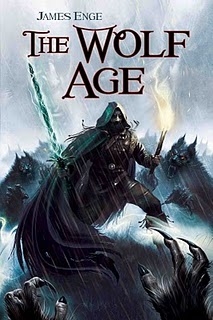 As a growing number of people rightly come to the conclusion that reading James Enge’s The Wolf Age will probably be the most fun they’ll have since the invention of soul-sucking swords and the new Olympian-approved “rubber grip” thunderbolts, Black Gate has been pelting to
As a growing number of people rightly come to the conclusion that reading James Enge’s The Wolf Age will probably be the most fun they’ll have since the invention of soul-sucking swords and the new Olympian-approved “rubber grip” thunderbolts, Black Gate has been pelting to 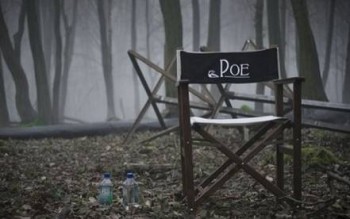

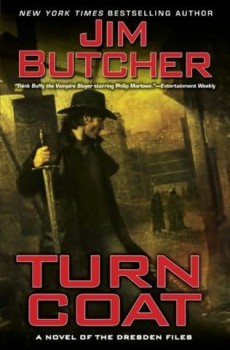 Turn Coat
Turn Coat